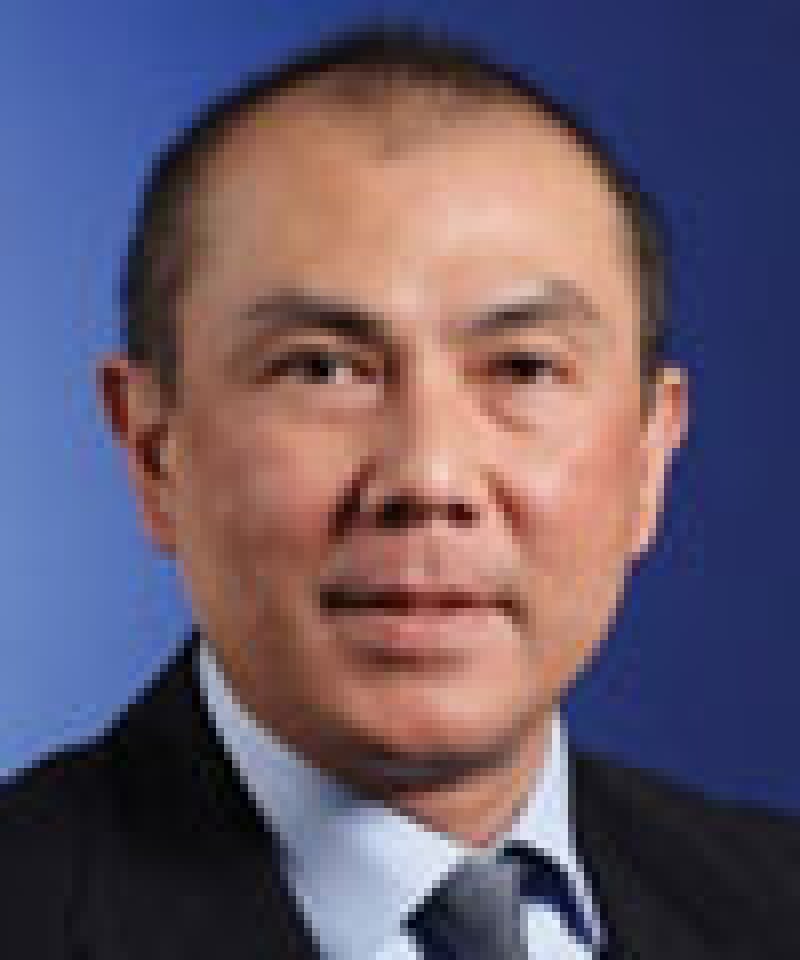
|

|
|
Khoonming Ho |
Lewis Lu |
Further to Circular 601 and Announcement 30, the State Administration of Taxation (SAT) issued Shui Zong Han [2013] No.165 (Circular 165), providing some guidance on the assessment of beneficial ownership of dividends under the People's Republic of China-Hong Kong double tax arrangement (PRC-HK DTA) for the purpose of withholding tax relief. This circular has confirmed the position put forward in Circular 601 and Announcement 30 that a "totality of facts" approach be adopted in assessing the beneficial owner status of a non-resident enterprise in relation to dividends derived from China. While the contents of Circular 165 were worked out by the SAT in consultation with the Hong Kong Inland Revenue Department, part of the circular can be of more general application in practice. The key points of Circular 165 are summarised in Table 1.
It is encouraging to see the SAT suggest to the local tax authorities that they should not narrowly focus on certain individual factors in determining the beneficial ownership of dividends; instead they should take a "totality of facts" approach on a case-by-case basis, which necessarily involves a dialogue with the taxpayer and a thorough understanding of the taxpayer's position.
Table 1: The key points of Circular 165 |
|
Questions on “adverse factors” |
Guidance in Circular 165 |
Factor 1 – Income retention Does the applicant have an obligation to distribute 60% or more of the income to the resident of a third jurisdiction (that is, not the applicant’s jurisdiction or China) within a specified time limit? |
Under the PRC-HK DTA, the beneficial owner status of the applicant should not be adversely affected where the applicant does not make any distributions to a non-HK resident enterprise. |
Factor 2 – Business activities Does the applicant have any business activities other than the holding of the investments in China which generate the dividends concerned? |
A single-project holding company should not be denied any DTA benefits simply based on the fact that it has only one investment. The other factors should be taken into account as well. |
Factor 3 – Assets Are the assets, scale of business and personnel of the applicant small such that they are not commensurate with the applicant’s income?? |
The tax authorities should not equate “assets” with the registered capital of the applicant. They should consider other sources of funding and risks of the applicant. The tax authorities should not solely consider the number of staff and the size of staff costs of the applicant in assessing whether its staffing level is commensurate with its income. The authorities should also take into account the responsibilities and nature of the work of the staff. |
Factor 4 - Rights of control and disposal Does the applicant have the rights of control and disposal and bear the risks in relation to the income on which the DTA relief is claimed and the related assets? |
There are three aspects to consider: 1. Do the articles of associations etc of the applicant grant such rights of control and disposal? 2. Has the applicant exercised such rights before 3. Is the exercise of such rights voluntary, as evidenced by the resolutions of the general meetings or board meetings? The mere fact that the applicant’s shares are controlled by a higher-level corporation should not negate the existence of rights of control or disposal of the applicant. |
Factor 5 - Local taxation Does the applicant enjoy non-taxation or exemption status in its own jurisdiction? |
The fact that the offshore dividend income of a HK resident applicant falls outside the scope of HK Profits Tax under the territorial tax system should not have a negative implication for determining the beneficial ownership of the income. The actual tax filing situations should be taken into account. |
New regulations for nationwide expansion of China's VAT pilot programme
On May 24 2013, The Ministry of Finance and the SAT jointly issued Circular Cai Shui [2013] 37 (Circular 37) setting out new regulations to implement the nationwide expansion of China's VAT pilot programme on August 1 2013.
Circular 37 seeks to consolidate a number of previous circulars implementing, or adjusting, aspects of the first phase of the VAT pilot programme, while making a number of modifications to the operation of the VAT pilot programme. The major changes and new provisions introduced by Circular 37 are as follows:
Circular 37 expands the VAT pilot programme to radio, film and television services from August 1 2013. The applicable VAT rate is 6%. Circular 37 also provides that the broadcast and distribution of radio, films and television programmes outside of China, as well as the production for overseas entities, is exempt from VAT.
Taxpayers that self-use motor vehicles, motorcycles and yachts are eligible to claim input VAT credits for the purchase cost. Previously, such amounts were not eligible for input VAT credits under Circular 111 for the first phase of the VAT pilot programme. However, it is unclear whether it now means these items are potentially fully creditable for VAT purposes irrespective of actual use (similar to the position of fixed assets), or whether apportionment is required.
Taxpayers that provide services which qualify for both zero rating and exemption are entitled to apply zero rating. Likewise, taxpayers who provide services which are eligible for zero rating or for exemption are entitled to voluntarily waive this right and choose to apply exemption (if otherwise eligible for zero rating) or pay VAT (in either case). Once chosen, this method must be retained for three years.
Trading companies that provide zero rating services overseas can use the exemption refund method, which is consistent with the method applied to exports of goods, and should therefore alleviate compliance costs.
In addition to the above, with the nationwide implementation of the first phase of the VAT pilot programme, a number of earlier provisions catering for the situation where taxpayers in pilot cities provided services to taxpayers in non-pilot cities (and vice versa), become redundant. In particular, Circular 37 removes the entitlement to deduct from output VAT those expenses (net basis method), which were previously deductible under business tax (BT), but were not creditable for VAT purposes (because the supplier was not in a pilot city, or because the expense was still subject to BT).
While Circular 37 does seek to clarify a number of areas where uncertainty previously existed, it is fair to say that it does not resolve all uncertainties. Further clarification is still needed on areas such as rules at national level governing exemption from VAT for exported services, implementation of VAT grouping framework, scope of taxable services, and so on.
Khoonming Ho (khoonming.ho@kpmg.com)
KPMG, China and Hong Kong SAR
Tel: +86 (10) 8508 7082
Lewis Lu (lewis.lu@kpmg.com)
KPMG, Central China
Tel: +86 (21) 2212 3421









